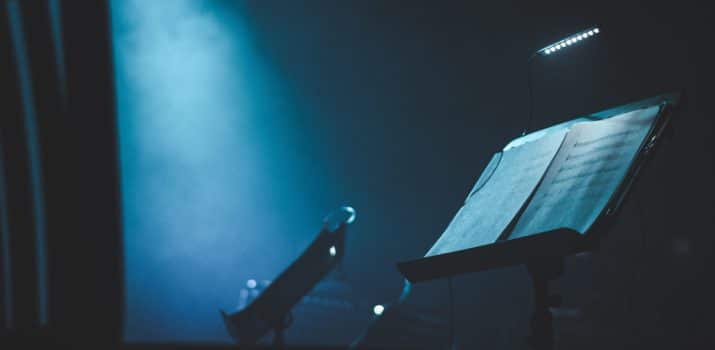From sign to sound (2/6): Dietrich Fischer-Dieskau, the baritone with 3,000 Lieder


Discover the second episode of the series From sign to sound. Our journey into the art of interpretation continues. From Renata Tebaldi’s “angel’s voice” to Dietrich Fischer-Dieskau’s “voice of the soul”.
Dietrich Fischer-Dieskau was the interpreter of the Lied par excellence: 3,000 Lieder by a hundred different composers! We pay tribute to him on the 10th anniversary of his death on May 18, 2012.
Fischer-Dieskau’s destiny began early: at the age of seventeen – he was born in Berlin on May 28, 1925 – he gave a promising recital of Schubert’s Winterreise. But the war forced him to interrupt his studies. On his return to Germany, his talent was finally able to blossom.
In 1947, he was asked to take part in his first radio recording, again with the Winterreise. The following year, at barely 23, his versatility earned him a position at the Berlin Opera as the Marquis de Posa in Verdi’s Don Carlos. On August 19, 1951, at the Salzburg Festival, he sang in Lieder eines fahrenden Gesellen, a cycle of four songs composed by Mahler, conducted by the legendary Wilhelm Furtwängler. The conductor’s wife, Elisabeth Furtwängler, will testify to having seen her husband leave the stage in tears, overcome by emotion. All stages are open to the young baritone!
The two musical universes, Lied and opera, will coexist in the baritone’s career.
Dietrich Fischer-Dieskau has recorded the complete Lieder of Schubert, Brahms, Schumann, Wolf, Strauss, Schoeck, Loewe, Schreker, Ives and many others. Thanks to him, the prejudice that the Lieder was only accessible to German-speaking audiences has been broken. It could also be said that it was thanks to him that German-speaking audiences discovered Debussy’s melodies. Fischer-Dieskau had a passion for revealing the background of a text through the use of a rich palette of vocal nuances and declamation.
But Fischer-Dieskau also interpreted a large number of roles from the great operatic repertoire. The baritone has left his mark on Verdian roles (Rigoletto and Falstaff), Mozartian roles (the Count Almaviva in Les Nozze di Figaro) and Wagnerian roles (Wolfram in Tannhäuser, Amfortas in Parsifal). He has contributed to the discovery of 20th-century works such as Busoni’s Doktor Faust, Berg’s Wozzeck and Messiaen’s Saint François d’Assise. He has created numerous roles in the contemporary repertoire for Stravinsky, Henze and Reimann.
In his latest interview with violinist and director Bruno Monsaingeon, Fischer-Dieskau says: “You have to listen to what the music is saying. Nothing can be the result of a cold calculation. You have to understand it with the same warmth as the composer did when he wrote it. That’s when the true interpreter arrives, his heart filled with emotion for what he’s singing, and transports you into another dimension.”
See and hear :
Medici.tv offers you a biography of Dietrich Fischer-Dieskau, the musical conversation with Bruno Monsaingeon, as well as a concert and other documentaries. If you’re away from the BCUL, UNIL or HEP premises, log on to the Medici.tv platform using your Renouvaud reader’s card number and password.
Follow us on the Blog and discover the next article, on August1, 2022: Sviatoslav Richter.